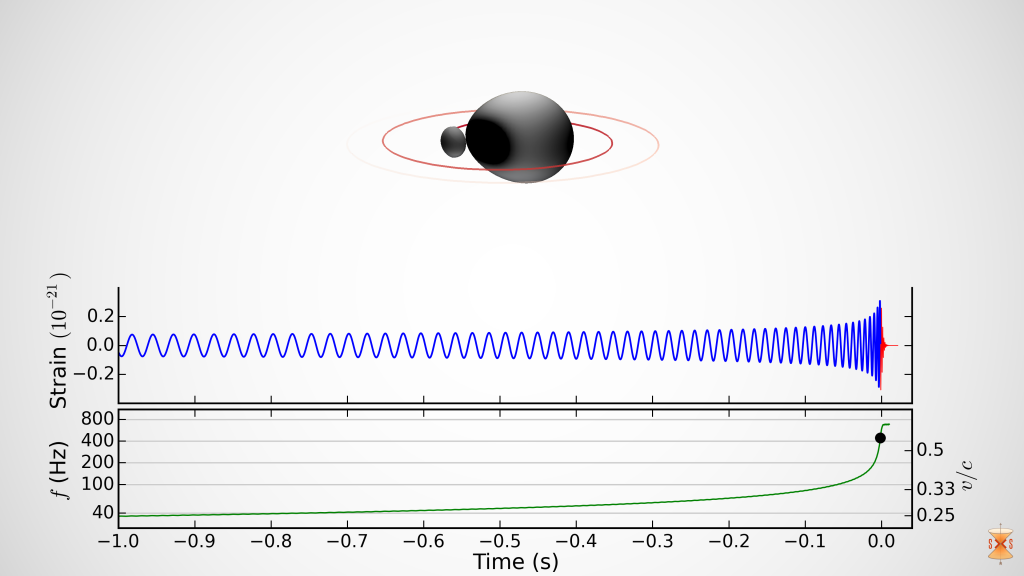Study on the role of mediator complex in gene expression in collaboration with SciNet
September 10, 2019 in for_press, for_researchers, frontpage, in_the_news, news, science, success_story, Testimonials
For the last two years, SciNet has been collaborating with PhD candidate Alejandro Saettone from the Fillingham lab from Ryerson University. One of the research projects, which also involved the group of Dr. Ronald Pearlman at York University, deciphered some aspects of the mediator complex’s role in transcription and gene expression using the model organism Tetrahymena thermophila. See the EurekAlert! story on the matter, or the original paper in Current Biology.
The collaboration of SciNet’s Dr. Marcelo Ponce and Alejandro Saettone led to the development of the RACS (“Rapid Analysis of ChIP-Seq data”) pipeline, which serves to analyze data obtained from Chromatin Immunoprecipation followed by next generation Sequencing experiments (ChIp-Seq for short). The paper on this computational pipeline has been recently accepted for publication in BMC BioInformatics. The RACS pipeline, a set of bash shell scripts and R scripts, is open-source software available as a git repository at https://bitbucket.org/mjponce/RACS.
The RACS pipeline has been quite fruitful, having already resulted in two papers where it was applied to data from the model organism Tetrahymena thermophila. The pipeline is expected to result in a few more papers analyzing further data, and there are plans to make it suitable to target more general cases.
Alejandro Saettone: “Our group was very fortunate to collaborate with Dr. Ponce from SciNet. He helped our lab to solve bioinformatic problems involving big data. With this collaboration, we were able to advance knowledge in chromatin remodeling and gene expression.”
Learn more about SciNet’s research and opportunities to establish research collaborations visiting our research website.


